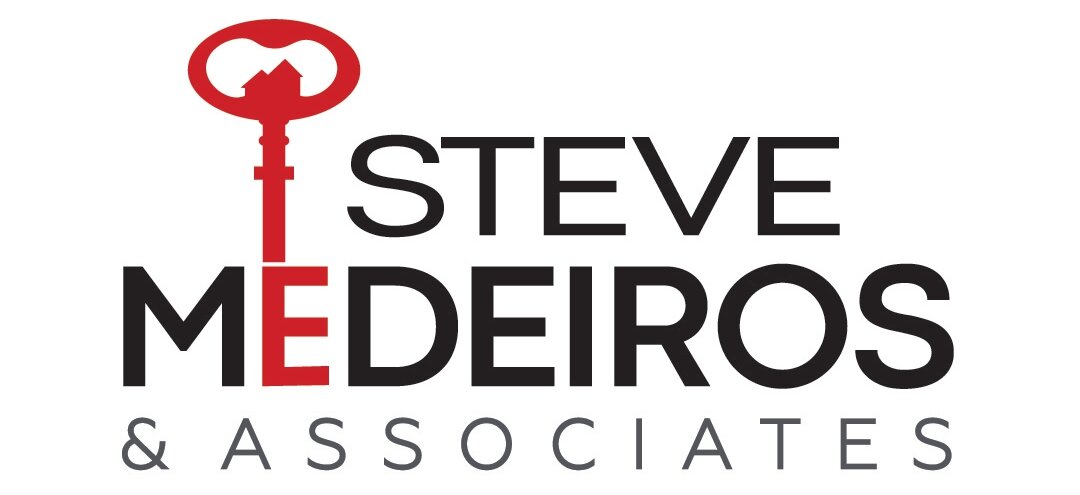When the coronavirus pandemic hit and real estate agents and renters scrambled to adjust to online transactions and virtual tours, scammers emerged in droves to take advantage.
From March to August 2020, rental fraud increased nearly 30 percent in the United States, the credit agency TransUnion reported late last year. Scammers used photos and information from legitimate listings to create fake ones online, a phenomenon Massachusetts Attorney General Maura Healy likened to catfishing.
Boston’s big moving day, Sept. 1, is approaching, and as renters and landlords clamber to find and fill rooms, scammers are preparing to capitalize on the rush.
To help protect Boston.com readers this apartment-hunting season, we asked experts for tips to help recognize a scam before it’s too late.
Move slowly and deliberately
When it comes to avoiding mistakes in the rental market, one of the best things people can do is stop and take a breath, said Kyle Rivers, a real estate agent with PadMatch Realty who has worked in the Allston and Fenway areas for several years.
“A unique feature of the Boston market is that things happen very, very fast,” Rivers said. “A common problem is, you need to act fast to get a decent apartment, but also if you act hastily without checking what you’re doing, you run the risk of getting scammed.”
As students return to school and people migrate back to the city, there is more competition for affordable, quality rentals in Boston, which may make prospective renters more likely to jump even when the circumstances are suspicious.
“The challenge for renters right now is that they’re trying to find a rental, and a lot of times they’re hard to come by,” said Steve Medeiros, president of the Massachusetts Association of Realtors. “So when it actually looks like an amazing opportunity, they want to jump all over it before somebody else does. The challenge for a renter is that they have to stop and say, ‘Does this make sense?’ ”
Check and check again
Another key step when it comes to a big investment such as housing is to know with whom you are dealing.
“In my opinion, it’s just best to check and verify who you’re working with, because all kinds of stuff gets posted on listing websites,” Rivers said. One way to do this is by checking the license number of the agent you are working with on the mass.gov website. Rivers also recommended checking the agent’s picture against photos on his or her company’s website, or meeting via videochat if an in-person visit is not possible. If an e-mail or voicemail message seems fishy, Rivers said, real estate agents can always be reached by the e-mail on their company website.
“So you might be talking with an agent that uses Gmail, and that’s not proof that it’s someone else, but an agent that has an official work e-mail will always be able to check that e-mail and respond to it,” he said.
Similarly, it’s important to be cautious if any details about the transaction change, such as the price or the means of payment, because agents occasionally get hacked, Rivers said. “I’ve heard of cases where the hacker has gotten into an e-mail, sent out a new attachment that looks official with different routing information, and then as a result, the person sends their deposit over to who it’s not supposed to go to,” he said. “And once you send it over, you can’t really get it back.”
Rivers suggested asking for the payment details at the very beginning. If anything changes, renters should verify with the agent via a phone or video call, not just with an e-mail.
Prospective renters and buyers can also try to get in contact with the current residents before making any payments.
“You can go online, look up that address, and see who the owner of the property is,” Medeiros said. “You can verify who that person is and can usually get their contact information.”
“If they only want to connect via text or e-mail, you know that’s probably a problem,” he added. If you’re able to get them on the phone, and they still won’t go down to the property, then that’s another situation where that could be a scam. They obviously can’t go to the property because, obviously, they can’t get in.”
When it comes to buying, Medeiros also recommended driving or walking by the property before sending deposits or payments. Scammers get the photos they post from somewhere, and usually it’s because a property is currently, or was recently, for sale, he said. If that is the case, there will probably be a sign in the yard with the real estate agent’s phone number.
Be wary of listings on sites like Craigslist and Facebook
In spring 2020, Medeiros got a call from a woman inquiring about his listing for a nearly 5,000-square-foot log home in Berkeley on the market for $1 million-plus.
The woman, to Medeiros’s confusion, was calling to ask about renting the property— for $800 a month.
“Unbeknownst to me and unbeknownst to the seller, a scammer took the photos from my listing, posted them on Craigslist, and listed it for rent,” Medeiros said. The woman was adamant, he said, repeatedly asking whether he was sure the property, which was under agreement at the time, was not for rent.
Medeiros said he found the falsified listing online but had to report it several times before it was finally taken down.
Lucky for her, the woman who reached out to Medeiros found his phone number on the for sale sign outside the property. If she had sent the scammer money first, there would have been no way for her to get it back, Medeiros said.
“If it’s on a place like Craigslist, or even sometimes on Facebook, people will create a fake account, and if they create a fake account and it’s not the platform’s fault, these people are just taking advantage of the fact that they can use that anonymity to get people to do that,” he said.
If it seems too good to be true …
The main reason people end up falling for scams, Rivers said, is because the opportunity seems too good to pass up.
“A lot of times I think it’s when you’ve been looking for the longest time, you finally see something pop up, [and] it’s $200 under what you expect, it’s great, it’s in the right location,” he said. “But those properties don’t happen too often, and on the renter side it’s hard to tell whether it’s real or not.”
Rivers said that he finds those “too good to be true” listings from time to time and that they do go quickly. However, he said, “nothing goes too quickly to verify the details of the person that you’re talking with.”
Medeiros had similar advice.
“Go with your gut. If it doesn’t seem like a good idea, or it sounds too good to be true, it probably is,” he said, “and then you should do some kind of additional legwork before you rush in and start giving somebody a deposit online.”
To read the full article from source, click here.







